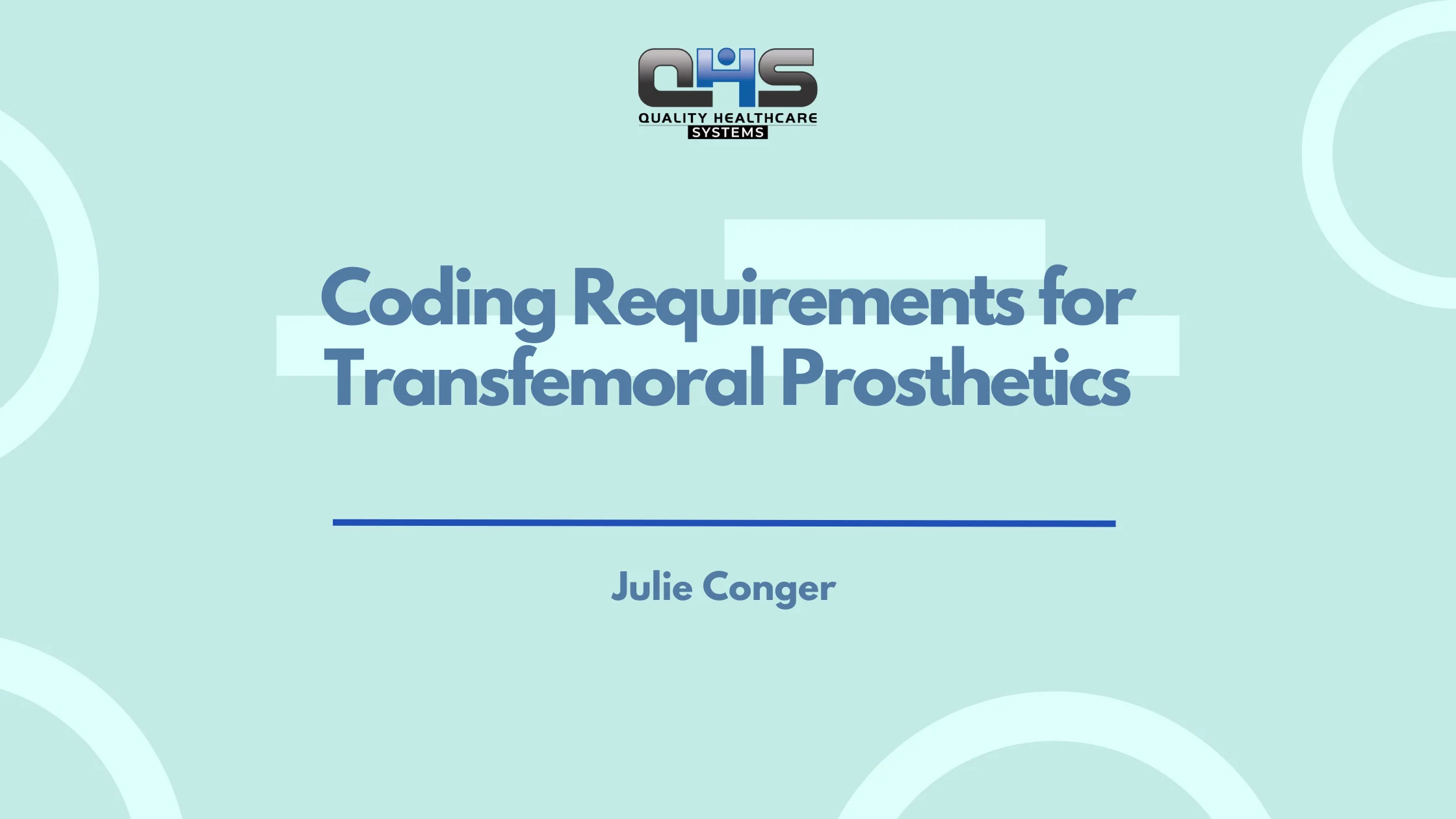Chest discomfort is a broad term that refers to any pain, tightness, or pressure felt in the chest area. It can result from various medical conditions, including cardiac issues, respiratory problems, and musculoskeletal disorders. Proper ICD-10 coding for chest discomfort ensures accurate diagnosis, treatment, and medical billing compliance.
What is the ICD-10 Code for Chest Discomfort?
The primary ICD-10 code for chest discomfort is R07.9 – “Chest pain, unspecified.” This billable code is widely used in medical documentation for cases where the exact cause of chest discomfort is not determined.
According to the Centers for Medicare & Medicaid Services (CMS), R07.9 is essential for recording symptoms and ensuring proper reimbursement. However, for specific causes, alternative ICD-10 codes should be used.
Who is at Risk for Chest Discomfort?
Individuals at risk for chest discomfort include those with cardiovascular disease, respiratory conditions, anxiety disorders, and acid reflux. People with high blood pressure, high cholesterol, or a history of heart disease are more likely to experience chest pain.
Respiratory issues such as asthma, pneumonia, and COPD can also contribute to discomfort. Psychological factors like anxiety and stress may trigger chest tightness, while GERD can cause pain that mimics heart-related symptoms.
For accurate diagnosis and medical documentation, healthcare professionals use ICD-10 code R07.9 along with specific condition-based codes.
ICD-10 Codes for Chest Discomfort and Chest Pressure
| ICD-10 Chapter | Code | Condition | Clinical Relevance |
|---|---|---|---|
| Symptoms, Signs, and Abnormal Clinical Findings (Chapter 18) | R07.9 | Chest Pain, Unspecified | General code for chest discomfort when the exact cause is unknown. |
| Circulatory System Diseases (Chapter 9) | I20.9 | Angina Pectoris, Unspecified | Chest pain due to reduced blood flow to the heart. |
| Respiratory System Diseases (Chapter 10) | J18.9 | Pneumonia, Unspecified | Chest pain associated with lung infections. |
| Digestive System Diseases (Chapter 11) | K21.9 | GERD, Unspecified | Acid reflux causing chest discomfort. |
What is the ICD-10 Code for Left Chest Pain?
The ICD-10 code for left chest pain is R07.89 (Other chest pain). Left-sided chest pain can be caused by various conditions, including cardiac issues like angina (I20.9) or myocardial infarction (I21.9), as well as non-cardiac causes such as costochondritis (M94.0) and GERD (K21.9). A medical evaluation is necessary to determine the underlying cause and ensure proper treatment.
What is the ICD-10 Code for Atypical Chest Pain?
The ICD-10 code for atypical chest pain is R07.89 (Other chest pain). Atypical chest pain differs from classic angina and may be related to musculoskeletal issues, gastrointestinal reflux, or anxiety disorders. Proper diagnosis through clinical evaluation and testing is essential to rule out serious conditions and determine the best course of treatment.
What is the ICD-10 Code for Pleuritic Chest Pain?
The ICD-10 code for pleuritic chest pain is R09.1 (Pleuritic pain). This type of pain occurs due to inflammation of the pleura, often caused by pneumonia (J18.9), pulmonary embolism (I26.9), or pleurisy (R09.1). It typically worsens with breathing or coughing. A medical consultation is advised to identify the root cause and provide appropriate treatment.
What is the ICD-10 Code for Chest Pressure?
The ICD-10 code for chest pressure is R07.89 (Other chest pain). Chest pressure can be a symptom of cardiac conditions such as angina (I20.9) or heart attack (I21.9), as well as non-cardiac causes like GERD (K21.9) or anxiety. Seeking medical evaluation is crucial to determine whether the pain is heart-related or due to another underlying condition.
What is the ICD-10 Code for Substernal Chest Pain?
The ICD-10 code for substernal chest pain is R07.2 (Precordial pain). This type of pain is located behind the sternum and may be associated with heart-related conditions such as angina (I20.9) or pericarditis (I30.9), as well as gastrointestinal issues like GERD (K21.9). A timely medical assessment is necessary to determine the exact cause.
What is the ICD-10 Code for Chest Tightness?
The ICD-10 code for chest tightness is R07.89 (Other chest pain). Chest tightness may indicate a variety of conditions, including heart disease, respiratory issues like asthma (J45.909), or anxiety-related symptoms. If chest tightness is persistent or severe, seeking immediate medical attention is essential to rule out serious conditions.
What is the ICD-10 Code for Atypical Chest Pain?
The ICD-10 code for atypical chest pain is R07.89 (Other chest pain). Atypical chest pain does not fit the classic description of angina and may be caused by musculoskeletal conditions, GERD (K21.9), or even psychological factors. Proper medical evaluation is necessary to differentiate it from more serious cardiac-related issues.
What Causes Chest Discomfort?
Chest discomfort can arise from various underlying conditions, including cardiac, pulmonary, gastrointestinal, and musculoskeletal issues. Identifying the exact cause is essential for accurate diagnosis and treatment.
Cardiac-Related Causes:
- Angina (ICD-10: I20.9) – Reduced blood flow to the heart causing chest pain.
- Myocardial infarction (Heart attack) (ICD-10: I21.9) – Blocked blood flow leading to heart muscle damage.
- Pericarditis (ICD-10: I30.9) – Inflammation of the sac around the heart.
Pulmonary Conditions:
- Pneumonia (ICD-10: J18.9) – Lung infection causing chest pain and difficulty breathing.
- Pulmonary embolism (ICD-10: I26.9) – Blood clot in the lungs leading to sharp chest pain.
- Pleurisy (ICD-10: R09.1) – Inflammation of lung lining, causing pain with breathing.
Gastrointestinal Issues:
- GERD (ICD-10: K21.9) – Acid reflux that can mimic heart-related chest pain.
- Esophageal spasms (ICD-10: K22.4) – Abnormal contractions of the esophagus causing pain.
- Hiatal hernia (ICD-10: K44.9) – Stomach pushing into the chest cavity, leading to discomfort.
Musculoskeletal Disorders:
- Costochondritis (ICD-10: M94.0) – Inflammation of rib cartilage causing chest pain.
- Rib fractures (ICD-10: S22.3) – Broken ribs resulting in sharp pain.
- Muscle strain (ICD-10: S39.012) – Overuse or injury to chest muscles.
Each of these conditions has a specific ICD-10 code that should be used instead of R07.9 when applicable. A timely checkup with a healthcare specialist is crucial to determine the exact cause and ensure appropriate treatment.
Symptoms Associated with Chest Discomfort
Symptoms vary based on the underlying cause but often include:
- Sharp, stabbing, or burning pain
- Tightness or pressure in the chest
- Pain radiating to the arm, neck, or jaw
- Shortness of breath
- Dizziness or nausea
Recording symptoms using ICD-10 code R07.9 ensures a standardized approach to medical documentation.
How is Chest Discomfort Diagnosed?
To determine the cause of chest discomfort, healthcare providers follow diagnostic protocols recommended by the American Heart Association (AHA) and Centers for Disease Control and Prevention (CDC):
- Electrocardiogram (ECG) – Checks for heart abnormalities.
- Chest X-ray – Identifies lung conditions.
- Blood tests – Detects markers for heart disease or infections.
- Endoscopy – Examines the esophagus in GERD-related cases.
Accurate coding of diagnostic procedures improves claim processing and treatment tracking.
Treatment Options for Chest Discomfort
| Condition | Treatment | Medication Example |
| Heart-Related Pain (I20.9) | Nitroglycerin, Beta-blockers | Metoprolol, Isosorbide |
| GERD (K21.9) | Acid reducers, Lifestyle changes | Omeprazole, Famotidine |
| Respiratory Conditions (J18.9) | Antibiotics, Oxygen therapy | Azithromycin, Prednisone |
| Musculoskeletal Pain | Pain relievers, Physical therapy | Ibuprofen, Naproxen |
Proper ICD-10 coding for chest discomfort ensures seamless medical billing and claim approvals.
How Does the ICD-10 Code for Chest Discomfort Impact Medical Billing?
ICD-10 code R07.9 plays a vital role in medical billing by:
- Ensuring accurate claim submissions and insurance reimbursements.
- Preventing coding errors that may lead to claim denials.
- Enhancing compliance with CMS and WHO guidelines.
Incorrect coding can delay payments or result in denied claims, making accurate documentation essential.
Related ICD-10 Codes for Chest Discomfort
| Condition | ICD-10 Code | Description |
| Heart Attack | I21.9 | Acute myocardial infarction, unspecified |
| Anxiety-Induced Chest Pain | F41.9 | Anxiety disorder, unspecified |
| Pneumothorax | J93.9 | Collapsed lung, unspecified |
| Esophagitis | K20.9 | Inflammation of the esophagus |
Using ICD-10 R07.9 alongside specific diagnosis codes ensures clear documentation and accurate medical claims.
ICD-10 Coding Guidelines for Chest Discomfort (R07.9)
- Document all symptoms and potential causes to avoid undercoding.
- Follow CMS and WHO classification standards for proper billing.
- Use specific codes (e.g., I20.9 for angina) when a diagnosis is confirmed.
Accurate ICD-10 coding optimizes reimbursement processes and supports proper patient care.
ICD-10: A Global Standard for Medical Coding
The ICD-10 system, developed by the World Health Organization (WHO), standardizes disease classification worldwide. This system plays a key role in:
- Medical billing – Ensuring HIPAA-compliant claims submission.
- Patient care tracking – Improving diagnosis accuracy and treatment plans.
- Global health data analysis – Supporting research and epidemiological studies.
Frequently Asked Questions
What is the ICD-10 code for chest discomfort?
The correct ICD-10 code for chest discomfort is R07.9 – “Chest pain, unspecified.”
Can R07.9 be used for all chest pain cases?
No, R07.9 is for unspecified chest discomfort. If the cause is known (e.g., angina, GERD, or pneumonia), use a more specific code.
How does ICD-10 coding impact billing for chest discomfort?
Proper coding ensures accurate claim submission, prevents denials, and supports correct reimbursement.
What are other ICD-10 codes related to chest discomfort?
- I20.9 – Angina Pectoris
- J18.9 – Pneumonia
- K21.9 – GERD
- Read: ICD-10 Codes for Dysuria






